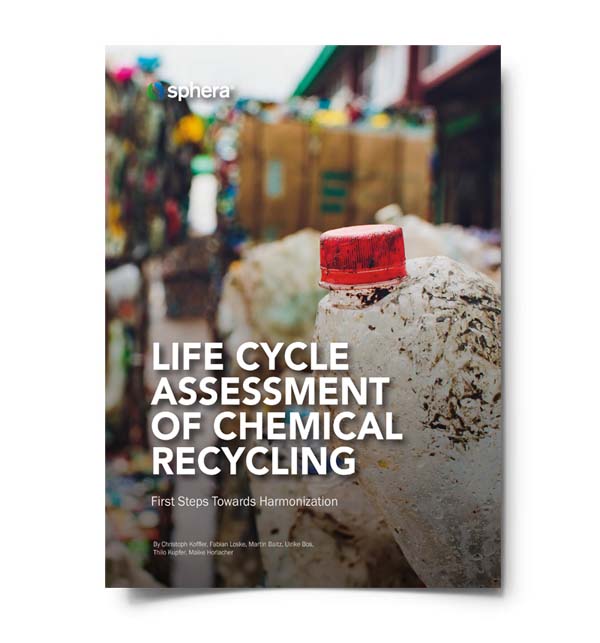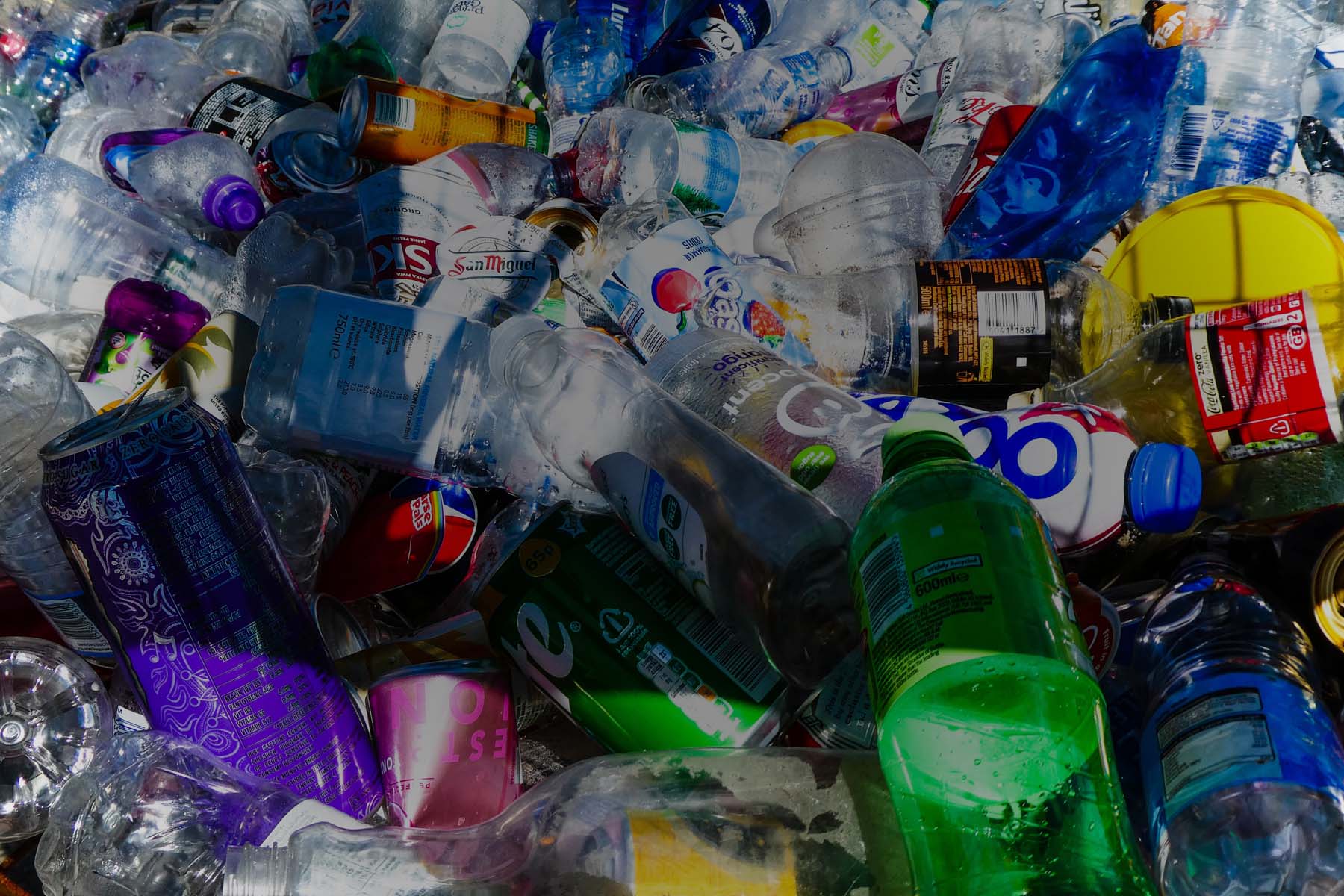
Plastic pollution has emerged as one of the most pressing environmental concerns next to climate change, biodiversity loss, air quality, water, and land availability. Despite the recent political push for more circular ways to produce, consume, and dispose of plastic materials, the pollution of oceans continues. The chemical industry is under intense pressure and has committed to developing new ways to reduce plastic pollution and avoid the loss of material by the economy.
The industry is focused on closing material loops by pushing for more stringent waste management methods and collection schemes. It is introducing novel recycling technologies to match the quantity and quality of current and future waste streams. These key strategies align with the vision of a New Plastics Economy spearheaded by the Ellen MacArthur Foundation. Efficient chemical recycling can complement the existing set of recycling and waste treatment technologies.
However, chemical recycling represents a significant physiochemical effort with its environmental challenges concerning energy, water, emissions, and waste management. But we can avoid unintended consequences and burden-shifting between environmental impact pathways (e.g., from marine litter to climate change). The chemically recycled materials must cause overall lower environmental burdens than their virgin counterparts across the whole life cycle.
Life cycle assessment (LCA) is the internationally standardized environmental management tool that can quantify the environmental performance of both contenders in a science-based and transparent manner.
Download the whitepaper to learn more.

